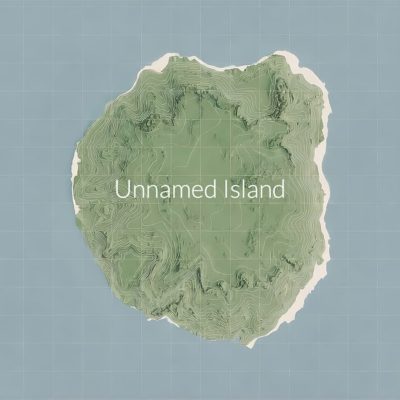
Can You Change the Name of Your Own Private Island?
Informal vs Official Island Names: What’s the Difference? Can you change the name of a private island? The answer depends on whether you mean an informal or commonly used name […]
Our guides are designed for buyers considering the purchase and ownership of private islands. We cover legal frameworks, ownership structures, infrastructure, costs, and location-specific considerations to help you make informed decisions before exploring private islands for sale worldwide.

Informal vs Official Island Names: What’s the Difference? Can you change the name of a private island? The answer depends on whether you mean an informal or commonly used name […]

What Is Freehold Ownership for Private Islands? When considering freehold ownership for islands, it represents full, indefinite ownership of the land itself (and any buildings or improvements on it), subject […]

Japan is the island country in the Pacific, which is also called the Land of the Rising Sun. The Japanese archipelago has almost 7,000 islands and stretches 3,800 kilometers along […]

We`ve updated our article with the 2023 data and added a list of islands available for purchase. Scroll down below. The Republic of Fiji is located in the southwestern Pacific […]

Ecuador is attractive enough to search for private islands for sale, although it cannot be called a popular location for investment or real estate purchase. These lands are not under […]

Canada is the largest country in North America and the second largest country in the world. It is known for its diverse landscapes, unique mix of cultures, and rich history. […]

The United States of America is a country of dreams, freedom, and independence. It is fourth in the area in the world and has a leading position in the number […]

Costa Rica is a picturesque country in Central America washed by the Atlantic and Pacific Oceans. Recently Costa Rica became one of the world’s surfing centers. Fans of this sport […]

Honduras is a small country in Central America, situated on the isthmus that connects two continents. It is located in the ancient Indian lands, and it is not surprising that […]

We have updated our article with the data for 2023 and added a list of islands available for purchase. Scroll down below. Nicaragua is the largest country in Central America. […]